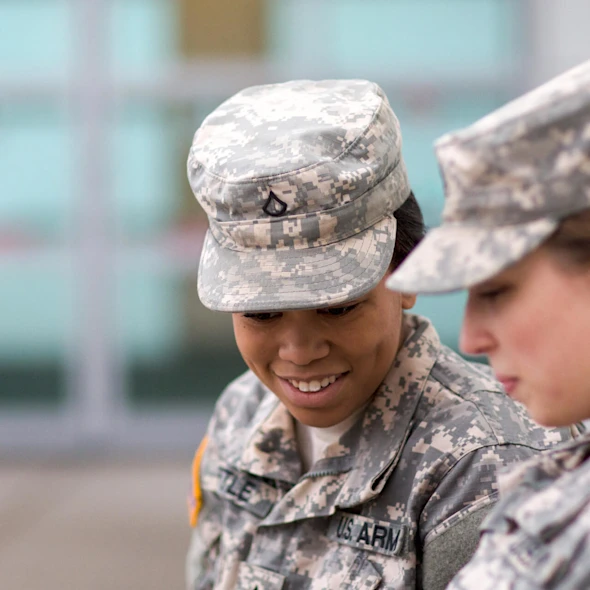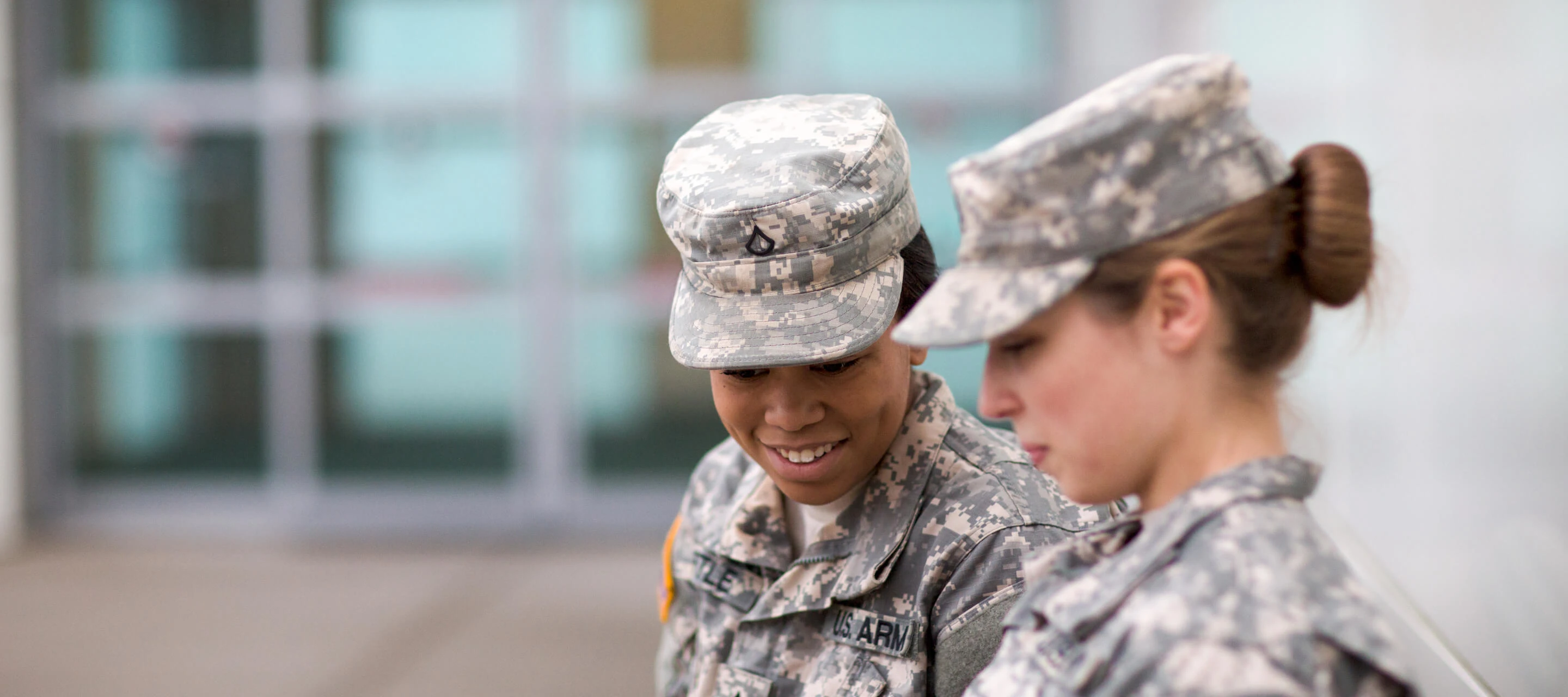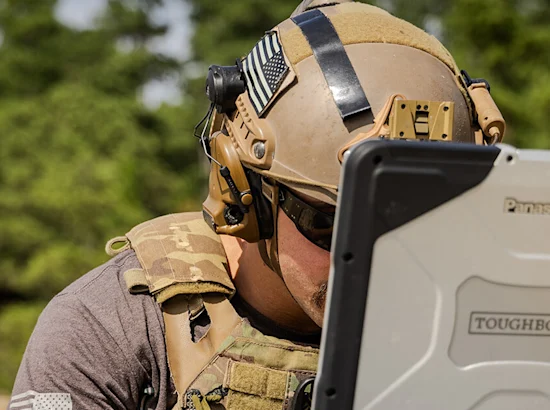The Department of Veterans Affairs (VA) has perhaps one of the purest and most universally understood missions: “to care for him who shall have borne the battle, and for his widow, and his orphan.” Today, the VA does that by providing veterans with health care administered via the Veterans Health Administration; providing veteran benefits through the Veterans Benefits Administration; maintaining and providing burial services at National Cemeteries; and ensuring continued services to veterans that, in turn, enhance our preparedness to respond to conflict, national emergencies or disasters.
“Our AI solutions improve the care veterans receive, accelerate treatment of skin conditions and enable them to access the services whenever and wherever”
GDIT has long supported the VA, working to improve the veteran experience to ensure veterans and their families have access to the benefits they have earned. From digital modernization to managed services, cloud to artificial intelligence, our technology solutions enable veterans to access the services – how, when and where they need them.
A prime example of this work is the prototype Skin Lesion Classifier we recently developed and piloted with the VA.
Today, a veteran with a skin lesion typically sees a Primary Care Provider (PCP) for a diagnosis. The PCP uses a camera to take an image of the lesion. The image is sent to dermatologists, centralized at 18 Veterans Integrated Services Networks (VISNs) around the country, for review. Any issues with image quality are detected days later, and poor-quality images require the veteran to return for another image and start the whole process over again.
Aside from being inconvenient and inefficient, this process may delay the start of potentially life-saving treatment. Once a clinically helpful image is captured, the dermatologist can then classify the lesion as potentially malignant or benign and can order more tests or make a diagnosis and, if necessary, begin treatment.
In late 2020 and into 2021, GDIT participated in the VA’s Artificial Intelligence (AI) Tech Sprint sponsored by the VA National AI Institute (NAII). These “sprints” are meant to empower teams to quickly prototype AI capabilities that meet a critical need within the VA. Together with the Chief of Dermatologist at the VA Healthcare System in Ann Arbor, Michigan, our team developed a Skin Lesion Classifier that can assesses the quality of an image of a skin lesion to determine whether it was clinically useful. Further, the service then classifies clinically useful images into one of seven skin diseases. For those skin diseases known to be malignant, the solution recommends immediate follow-up care. GDIT’s Skin Lesion Classifier was ranked third by the VA among more than 40 teams.
To do it, the team employed artificial intelligence transfer learning. They compared eight image classifiers built using deep learning algorithms including ResNet, VGGNet, and other Convolutional Neural Network models. The classifiers were trained on a library of 10,000 publically available skin lesion images.
From there, the team selected the most accurate model and built a cloud-based, containerized solution that could assess the images, identify a lesion as either malignant or benign, classify the condition, and make follow-up care recommendations. In addition, the team explored explanability approaches to help explain the decision to evaluators by outlining the features and elements of an image that impacted its classification.
Since completing this sprint, the team has proposed a follow-on pilot field effort to collect more images images, from a wider diversity of skin types, with presentations of a wider array of conditions – so that the classifier can be applied to more diseases and skin types to make make even more precise recommendations. In addition, the pilot includes evaluation by oncologists to assess the accuracy and usabability of the solution.
We are excited about the potential of AI to improve the care veterans receive and accelerate treatment of skin conditions and cancers. This is especially important today because the COVID-19 pandemic delayed many routine screenings and imaging. Undetected conditions that persisted for months must be discovered and treated as quickly as possible to ensure the best possible outcomes for veterans.
The AI solution is hosted in a web based interface, providing a telehealth option that contributes to greater access to care for veterans in rural or underserved populations, for whom making repeated, return trips to centralized VA specialized care locations can become inconvenient, costly, or even unfeasible. Together with our VA partners, GDIT was able to collaborate and build this tool that will have a meaningful and lasting impact and will enable the VA to better deliver on its mission.






